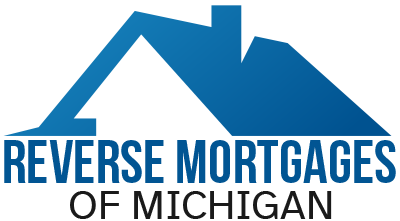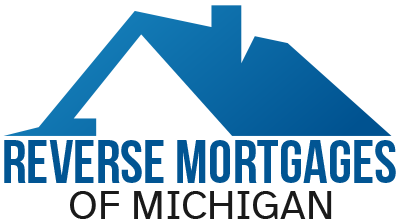Do You Need a Good Credit Score for a Reverse Mortgage?

Contrary to popular belief, a high credit score isn’t a strict requirement for a reverse mortgage. This financial tool, designed to help homeowners aged 55 and older access the equity in their home, has different qualification criteria compared to traditional mortgages.
How Does Credit Factor In?
While a perfect credit score isn’t necessary, your credit history will still be evaluated. Lenders will look at factors such as:
- Payment history: Have you consistently made on-time payments for housing and installment debts?
- Credit inquiries: Too many recent credit inquiries can negatively impact your application.
- Derogatory credit: Any history of bankruptcies, foreclosures, or collections can affect your eligibility.
The goal of this credit check is to assess your financial responsibility. If you have a history of consistent payments and no major credit issues, you’re more likely to qualify for a reverse mortgage.
Minimum Credit Score for a Reverse Mortgage
Unfortunately, there isn’t a universal minimum credit score for a reverse mortgage. Requirements can vary between lenders. However, most lenders prefer borrowers with credit scores of 620 or above. A lower credit score might result in higher interest rates or additional fees.
Other Factors Affecting Eligibility
Besides credit, other important factors for qualifying for a reverse mortgage include:
- Age: You must be at least 55 years old.
- Homeownership: You must own your home outright or have a minimal mortgage balance.
- Home equity: You must have sufficient equity in your home.
Understanding the Reverse Mortgage Process
Getting a reverse mortgage involves several steps:
- Counseling: You’ll need to complete mandatory housing counseling to understand the pros and cons of a reverse mortgage.
- Credit Check: The lender will assess your creditworthiness.
- Home Appraisal: Your home’s value will be determined.
- Loan Closing: Once approved, you’ll close on the loan and receive funds.
The Bottom Line
If you’re considering a reverse mortgage, don’t let a less-than-perfect credit score deter you. While it’s a factor, it’s not the sole determining factor. Focus on understanding your home equity, exploring your financial options, and consulting with a qualified reverse mortgage professional.
Remember: A reverse mortgage can be a valuable tool for many seniors, providing financial flexibility in retirement.
Discover your reverse mortgage options with a free consultation from David Blatt, a trusted expert in the field. He can be reached at (248) 763-1438 or send him an email using our contact form.





